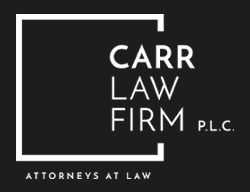Because the prefrontal cortex in a teenager has yet to fully develop, they don’t fully consider the consequences of the decisions they make. Teenagers can fail to acknowledge the potential physical risks associated with a choice — to say nothing of the potential legal and social consequences of a rash decision.
What starts as a night out with friends could end up in an arrest, with the potential of your teenager facing serious criminal charges. The better you understand how Iowa’s juvenile justice system works, the better prepared you will be to help your child defend themselves.
Iowa allows many youthful offenders the option of juvenile justice
Quite a few people act as though juvenile delinquency is a minor issue, but teens can commit very serious criminal offenses that can impact their freedom, their future and their educational prospects. Certain offenses committed by young adults can result in adult criminal charges, while others go through the juvenile justice system.
Once a teen gets arrested, those working for the state of Iowa, including law enforcement officers and prosecutors, must make decisions about whether to release the teen to their parents or to prosecute them and hold them accountable. For those facing prosecution, Iowa allows for processing through the juvenile courts, which have a focus on rehabilitation and re-entry into society.
The juvenile justice program is different from how the state handles offenses by adults. Although incarceration does happen, it is also possible for the courts to order therapy, community service and special services to promote the juvenile offender’s eventual re-entry into society.

